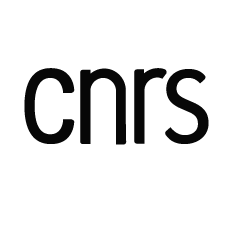Alternative energy carriers
This research axis is dedicated to the implementation of alternative energy carriers, such as ammonia, hydrogen, e-fuels, or biofuels, and to innovative combustion technologies, such as plasma-assisted combustion, through combustion kinetics studies. Experimental work is therefore carried out, using burners and a fast compression machine (RCM), and diagnostics are developed for a better characterization of the kinetics involved.
The RCM allows both the measurement of self-ignition times at high pressure, but also the qualitative and quantitative description of the stable intermediates formed during the self-ignition time in the low temperature range. The use of a stabilized cold flame burner allows the study of the same reactivity, in steady state and at atmospheric or lower pressures. This burner offers the possibility of more advanced chemical diagnostics and analysis, as well as advanced studies of the effect of ozone or repeated nanosecond plasma discharges on the kinetics responsible for ignition.
Studies in premixed flat flame burners allow the development of optical diagnostics such as Laser Induced Fluorescence (LIF) or Cavity RingDown Spectroscopy for the detection and quantification of radical or atomic trace species, for the kinetic study of the combustion of such alternative energy carriers in the high temperature range.
The joint use of these global and detailed data allows the validation of predictive kinetic mechanisms of auto-ignition and combustion of representative molecules of fuels and their mixtures. As the use of RCMs is becoming more widespread, we are taking part in the international RCM characterization initiative, which aims at harmonizing the results obtained in instruments that may be of very different design.
This research is financed by the CPER Climibio, industrial contracts (Total, Engie,...), and ANR projects. They are the subject of ongoing collaborations with the Argonne National Laboratory (USA), the Lawrence Livermore National Laboratory (USA), the National University of Ireland (Galway), and the RWTH Aachen University (Germany) at the international level.
The research activities concerning the formation of nitrogen oxides are integrated into the Labex CaPPA (Chemical and Physical Properties of the Atmosphere) laboratory of excellence.
Note the acceptance in 2022 of two projects related to the studies of the formation of nitrogen oxides during the combustion of hydrogen (PEPR MONTHY) and ammonia (ANR SIAC).

